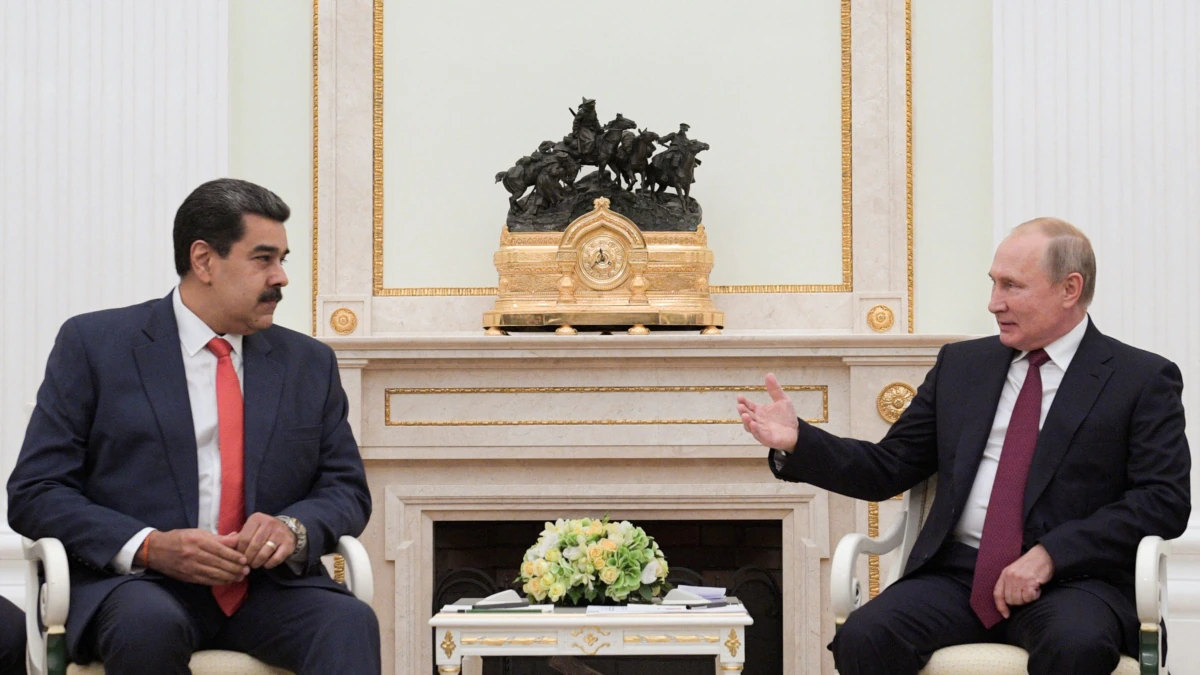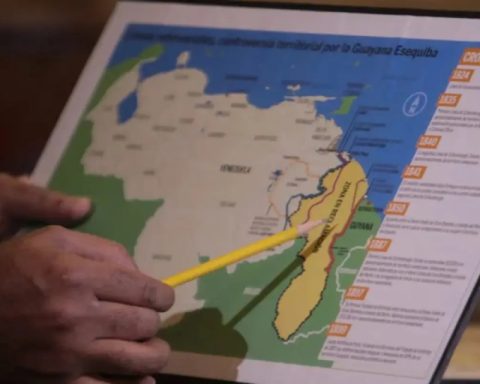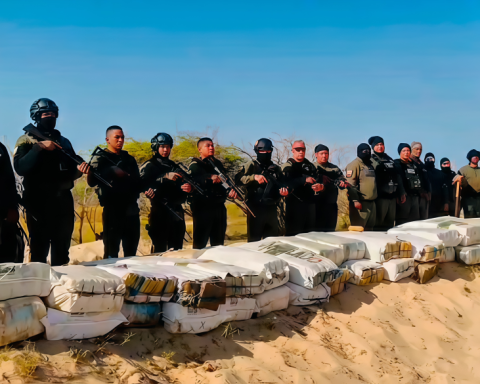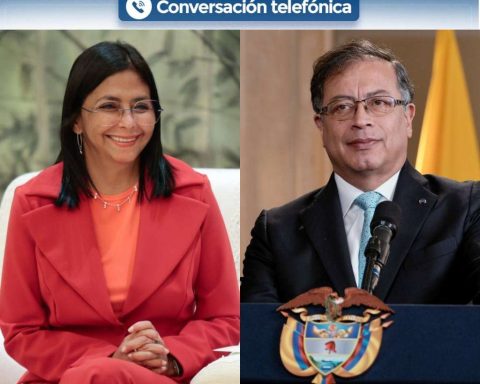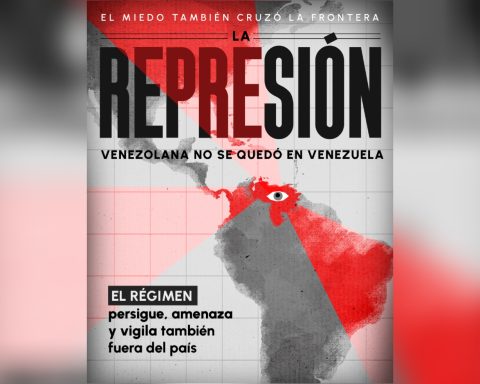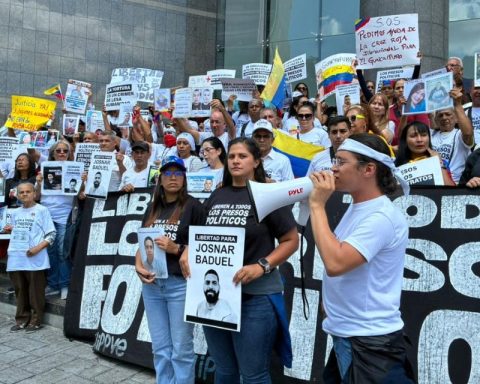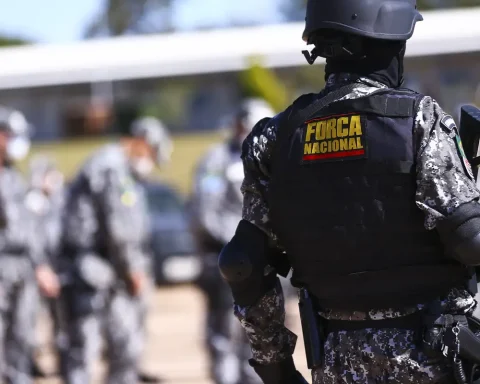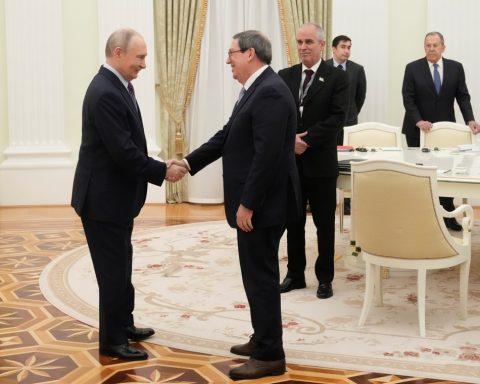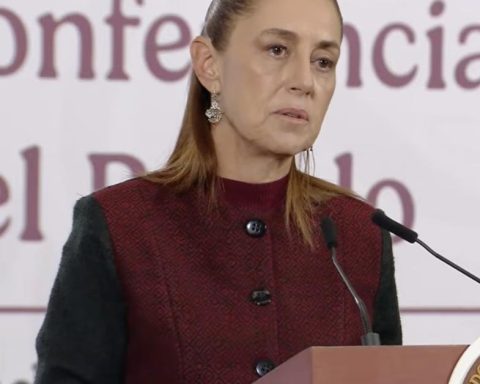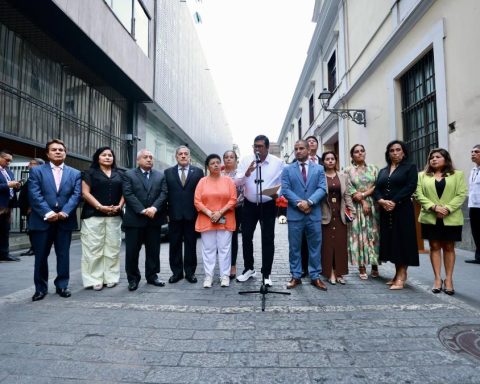A Russian company that used to provide a solution to US trade sanctions on Venezuela is avoiding a new round of penalties, documents show, this time from Europe and the United States, for the invasion of Ukraine.
Russia is one of the few allies of Venezuela. Russian companies have helped Venezuela’s state-owned PDVSA keep its crude production afloat amid sanctions imposed by Washington to force out President Nicolás Maduro and block his access to oil revenues.
Roszarubezhneft was incorporated in 2020 and shortly thereafter acquired stakes in Venezuela from the Russian giant Rosneft ROSN.MM when two units of that company were sanctioned by the United States for trading in Venezuelan oil.
The five joint ventures in Venezuela in which Roszarubezhneft participates produce some 125,000 barrels per day (bpd) of crude oil and employ around 200 workers, including expatriates and local employees, according to sources and analysts. That is equivalent to 16% of the 788,000 bpd Venezuela produced last month.
Roszarubezhneft is now trying to transfer ownership of its assets in Venezuela from its units in Europe to another company in Moscow to avoid possible embargoes or confiscations amid sanctions on Russia, according to company documents seen by Reuters.
Transferring ownership of the assets was necessary to “preserve the control and management of the assets and the stable operation of its business units,” according to a letter dated March 16 sent by a Roszarubezhneft executive to its Venezuelan subsidiaries.
The letter did not say when the transfer might occur, nor where in Europe the companies would be registered. Roszarubezhneft executives blamed their plight on “hostile actions by the United States and its allied foreign states and international organizations.”
The sanctions have already affected the company’s business in Venezuela by forcing them to convert hard currency payments from salaries and suppliers to rubles and bolívares, according to the documents.
Rubles are not widely accepted in Venezuela’s increasingly dollar-based economy, and there are no authorized foreign exchange companies. Russian workers paid in rubles would have to find someone willing to exchange them for dollars or euros.
root penalties
Washington has imposed sanctions on the Venezuelan oil trade since 2019, progressively expanding the list of banned entities. The measures produced an abrupt drop in the level of exports from the OPEC partner country, but they have not achieved the exit of Maduro, whose re-election in 2018 was described by Washington as a farce.
Most Rosneft employees in Venezuela remained in the country after the asset transfer, according to two sources with knowledge of the matter. A former head of the company in Venezuela is now the legal representative of Petrolera (Cyprus) Limited, one of Roszarubezhneft’s units, according to one of the documents seen by Reuters and online corporate records.
Roszarubezhneft is owned by Russia’s Federal Agency for the Management of Government Property, a unit of the Ministry for Economic Development, according to Russia’s state agency Tass, which said the company had settled for capital equivalent to $4.066 billion.
The March 16 letter from the Roszarubezhneft executive urged managers in Venezuela to immediately complete the capital transfers and notify PDVSA of the change.
The stakes in the mixed companies Petroperijá, Boquerón and Petromonagas are controlled by units established in Europe and are reportedly being transferred to Petromost. The latter company, based in Russia, is also owned by Roszarubezhneft, according to online corporate records.
The Venezuelan oil company has not been formally notified, a person familiar with the matter told Reuters on Monday. Executives from both companies met last week in Caracas, the source added.
PDVSA did not respond to a request for comment. Roszarubezhneft did not immediately respond to questions sent through its website and the company in Caracas could not be reached through the telephone lines used by Rosneft.
Connect with the Voice of America! Subscribe to our channel Youtube and turn on notifications, or follow us on social media: Facebook, Twitter and Instagram.
